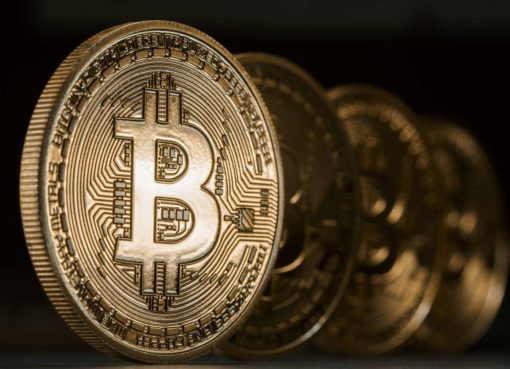Key Notes
- This GST on crypto trading will be in addition to the already steep 30% tax on profits and 1% TDS per transaction.
- With India now among the countries with the highest crypto tax burdens, stakeholders warn this could stifle innovation.
- On the other hand, the Indian crypto industry is lobbying for tax reforms to unlock the sector’s potential.
Indian crypto users are likely to face an increased tax burden from July 7, as crypto exchange Bybit Global announced the imposition of an additional 18% GST (Goods and Services Tax) on crypto trading fees. The new tax will be applicable in all crypto trading and related service fees, including spot, futures, and copy trading.
Indian crypto investors are already reeling under the pressure of higher crypto taxes. As of now, the government imposes 30% tax on crypto profits, and a 1% Tax Deducted at Source (TDS) is applied to each crypto transaction.
With this move, India now ranks among the countries with the highest tax burden on crypto market participants. This development has drawn major criticism from industry stakeholders who believe that this could hamper innovation while pushing users towards alternatives like decentralized exchanges (DEXs), etc.
This development is particularly concerning, as other jurisdictions around the globe are adopting crypto-friendly policies, especially following the Trump administration’s takeover earlier this year.
Bybit re-entered the Indian crypto space earlier this year, after a brief suspension. In response to the strong demand from Indian crypto investors, crypto exchanges are willing to participate in the market, with Coinbase considering a similar re-entry.
India’s Crypto Tax Reduction, Bitcoin Reserve Plans Under Threat?
Back In May, India’s crypto industry was lobbying to reduce the crypto tax from the existing 30% amid the strong industry growth and growing demand. Industry groups are now pointing to recent crypto-friendly policy shifts under the Trump administration in the U.S., urging Indian policymakers to adopt a more supportive regulatory stance.
Citing market potential, the lobby noted that India’s crypto ecosystem, currently valued at $2.5 billion, could expand to $15 billion by 2035 if a more favorable tax and policy environment is introduced.
Last week, reports also emerged that an Indian politician of the ruling Bharatiya Janata Party (BJP) has proposed weighing the possibility of having a Bitcoin reserve. Pradeep Bhandari, the national spokesperson of the BJP, has called on the government to consider launching a pilot program for a strategic Bitcoin reserve, positioning it as a forward-looking step toward strengthening economic resilience.
Bhandari pointed to recent developments, such as the United States exploring a strategic Bitcoin reserve and Bhutan’s state-backed crypto mining efforts, suggesting that global financial dynamics are increasingly shifting toward digital assets.
🇮🇳Starting July 7, 2025, an 18% GST will be added to crypto trading and service fees, including futures, spot, and copy trading.
-> This is on top of the 30% tax on profits and 1% TDS per transaction
-> GST will show up separately in your bills
India now has one of the… pic.twitter.com/eaNSEMhdVY
— Kashif Raza (@simplykashif) July 5, 2025
Disclaimer: Coinspeaker is committed to providing unbiased and transparent reporting. This article aims to deliver accurate and timely information but should not be taken as financial or investment advice. Since market conditions can change rapidly, we encourage you to verify information on your own and consult with a professional before making any decisions based on this content.
Bhushan is a FinTech enthusiast and holds a good flair in understanding financial markets. His interest in economics and finance draw his attention towards the new emerging Blockchain Technology and Cryptocurrency markets. He is continuously in a learning process and keeps himself motivated by sharing his acquired knowledge. In free time he reads thriller fictions novels and sometimes explore his culinary skills.




